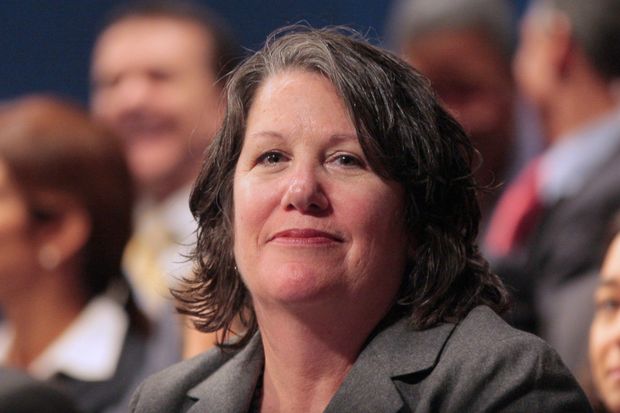How safe is the American child welfare system?
TRENTON — Foster children in New Jersey last year were less likely to return to abusive homes and were more likely to have found a job and a place to live if they reached adulthood without being adopted, according to the latest report monitoring the child welfare agency’s rehabilitation since it was deemed a failure 14 years ago.
But like previous report cards federal court monitor Judith Meltzer has submitted, the one she released Wednesday also documented areas in which the Department of Children and Families failed to make adequate progress.
The quality of on-the-ground case work — meeting with parents, planning for a child’s needs in foster care, and assessing whether the child will be able to return home or be placed up for adoption – fell short.
These “quality” measures are the most important of all, said Marcia Robinson Lowry, executive director for the national advocacy group A Better Childhood, which represents foster children in a 2003 lawsuit settlement with the state.
New Jersey is obligated to accept court supervision until the monitor deems the child welfare system able to carry out its mission of protecting kids and stabilizing families.

The state agency comes up short for preparing foster teens for adulthood, but worker caseloads, once overwhelming high, are way down.
How safe is the American child welfare system?
In December 2016, just 49 percent of case plans that spell out what needs to happen in a foster child’s life and that of his family were determined to “minimally acceptable,” according to the report. The goal is 80 percent.
That’s a disappointing number. It’s the most crucial thing – to have appropriate plans for the kids. The child can stay in care too long (in foster care) or go home when a child should not go home.Marcia Robinson Lowry, executive director of A Better Childhood
“I am proud of their effort and achievement, and everything they’ve done and continue to do for New Jersey’s children and families,” Blake added.
This is the third monitoring report under a revised set of goals the court approved last year that will eventually end the court oversight. Under the settlement, the state has invested billions of dollars to hire and train staff and supervisors, installed a data collection system, improve its hotline services and expand services to troubled families.

